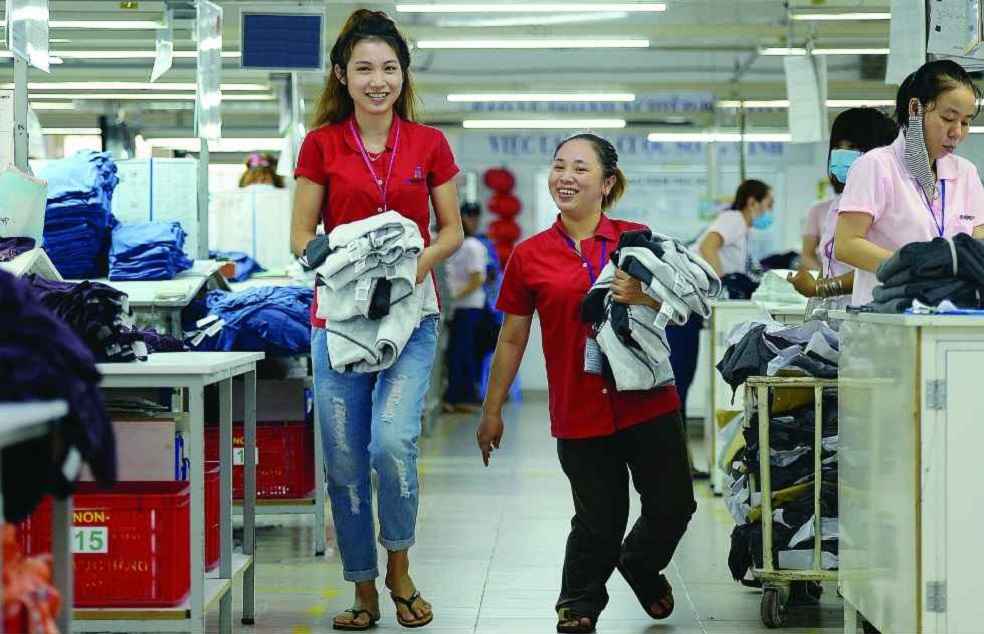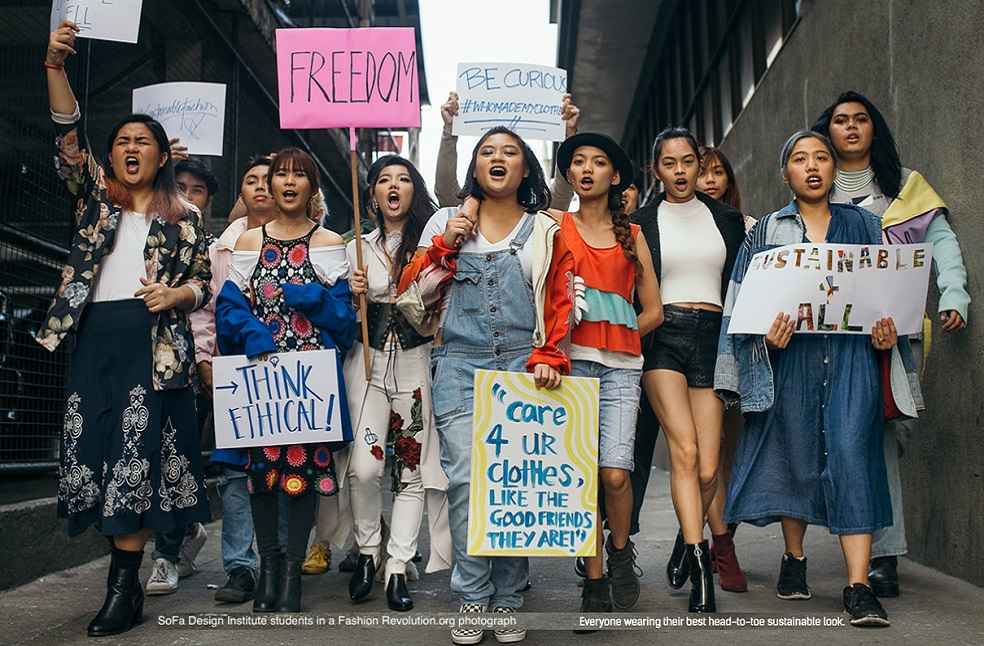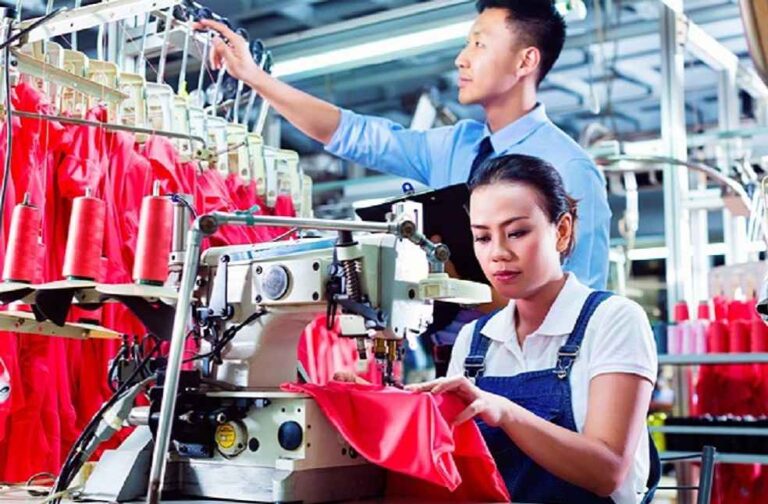Vietnam fashion sector stands at a pivotal juncture where adopting sustainability isn’t just preferable, it’s imperative. This transition towards eco-friendliness is essential for leveraging benefits from Free Trade Agreements (FTAs), notably the impactful trade accord with the UK.
Post-pandemic, consumer priorities have seen a substantial shift, with a heightened focus on environmental and health considerations. Brands globally are now being evaluated based on their commitment to integrating sustainable and green materials into their offerings. Vu Duc Giang, the Chairman of the Vietnam Textile and Apparel Association (VITAS), highlighted that new-generation FTAs present substantial opportunities for the textile industry, emphasizing commitments towards trade liberalization.
Unlocking global market opportunities is subject to the adherence of stringent criteria. The FTAs necessitate Vietnam’s fashion products to meet enhanced standards, emphasizing green production, recycling, emission controls, and improved working conditions.

The industry’s trajectory has encountered challenges, witnessing a decline in the export of textile and garment products, influenced by global economic fluctuations, high inflationary pressures, and increased consumer financial prudence.
Vietnam’s strategic pivot towards green fashion is crucial for maximizing the potential benefits of the UK–Vietnam Free Trade Agreement (UKVFTA). The UK’s objective of cultivating a more circular fashion industry aligns seamlessly with Vietnam’s sustainable fashion aspirations.
The evolution towards green fashion is gaining momentum in European markets but is still an emerging concept in Vietnam. Advocates like Tran Ngoc Liem, Director of the Vietnam Chamber of Commerce and Industry’s HCM City chapter, underscore the necessity of aligning with global sustainability and digitalization trends to maintain a competitive stance in the global fashion arena.

Navigating the UK market within the UKVFTA framework presents a landscape ripe with opportunity, with Vietnam poised to escalate its garment export volumes, benefiting from the UK’s post-Brexit shift in import strategies.
Challenges persist, with adherence to strict origin rules and compliance with enhanced safety, environmental, and consumer health standards taking precedence. The focus is on elevating product quality through technological advancements, diversification, and the establishment of resilient and sustainable value chains.
Vietnam’s fashion industry appears poised for a sustainable evolution, aligning strategies and operations to meet global benchmarks, ensuring a flourishing trajectory in tapping into prosperous global trade avenues.
EDITOR’S CHOICE | Global Textile Chemicals Market on a Bull Run to USD 37.58bn



